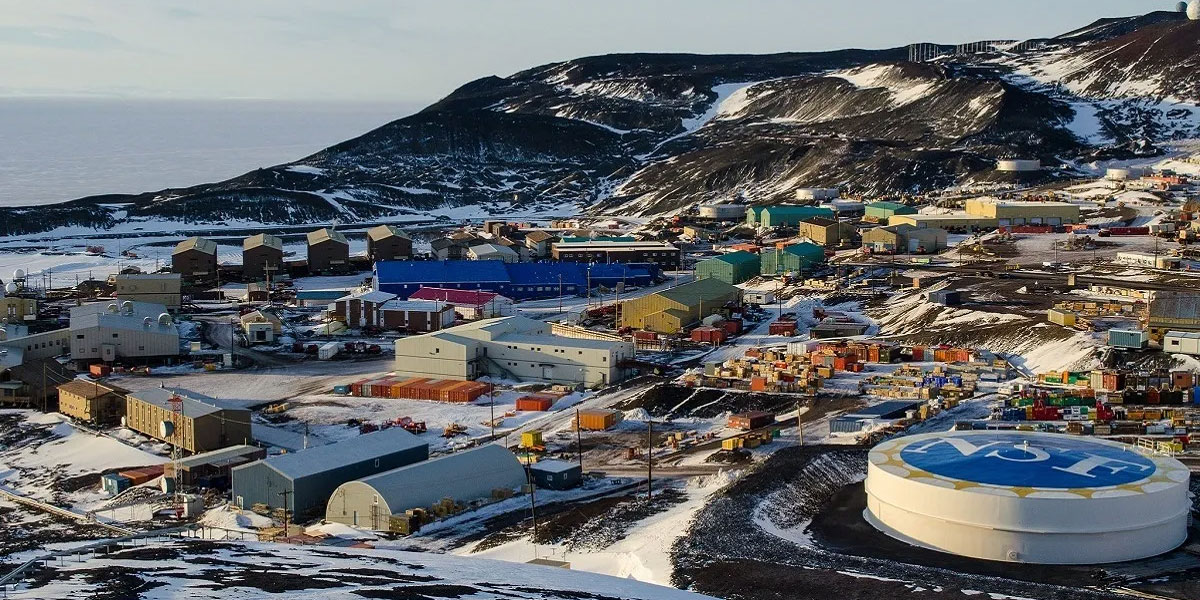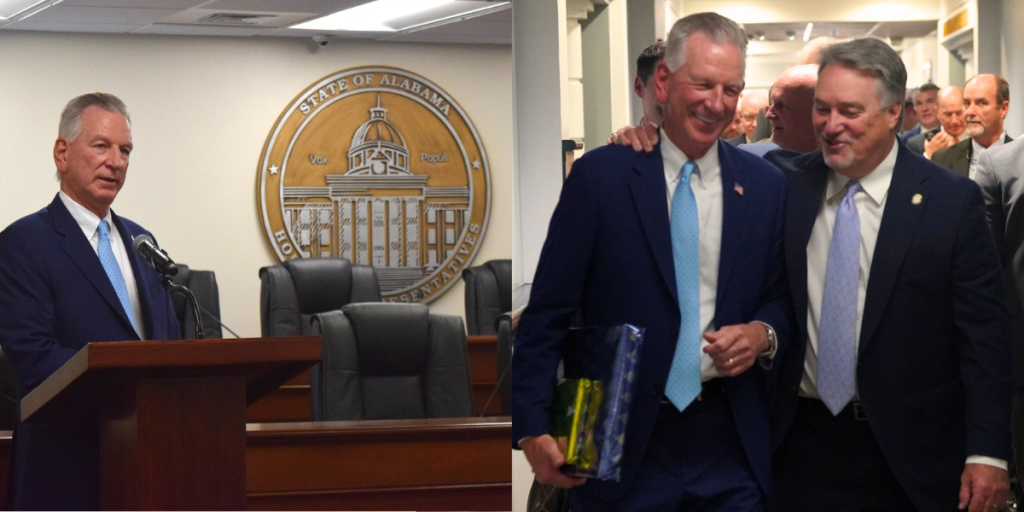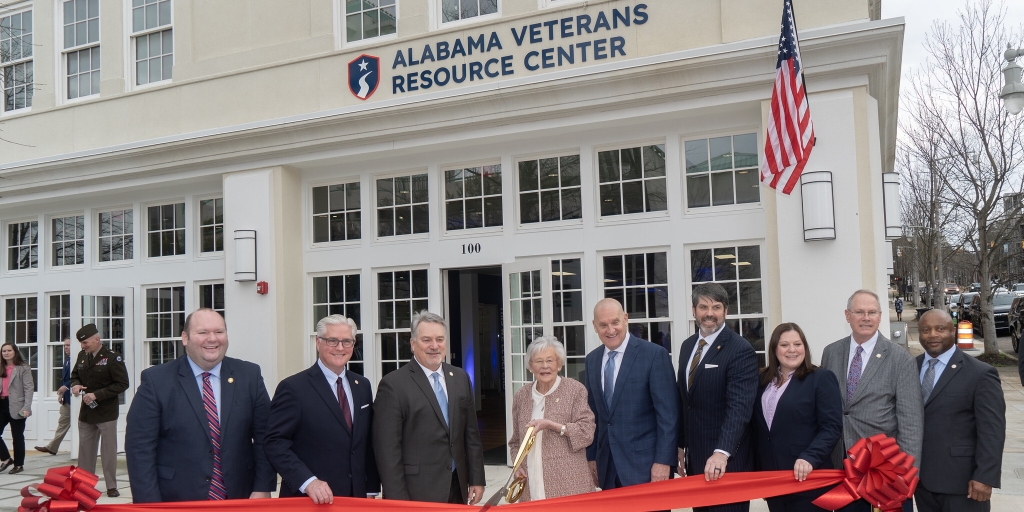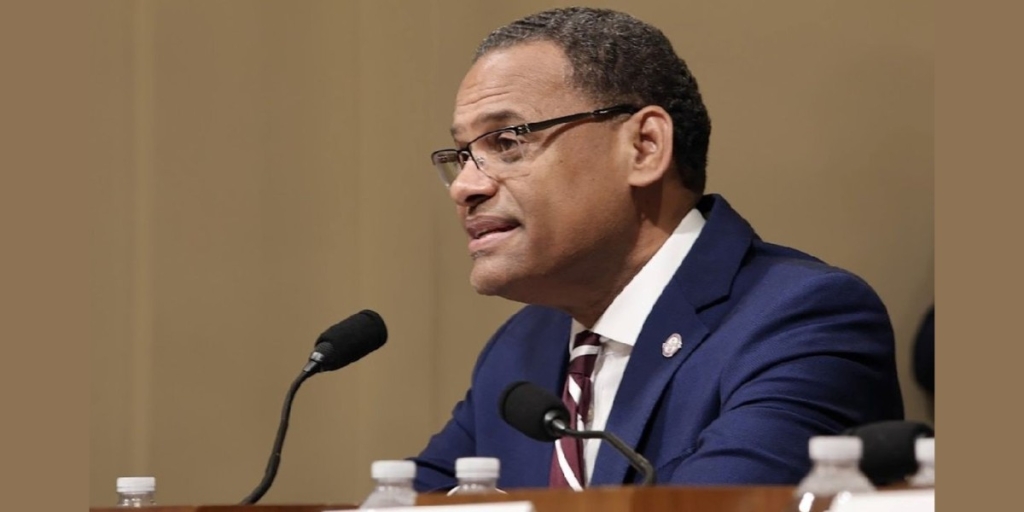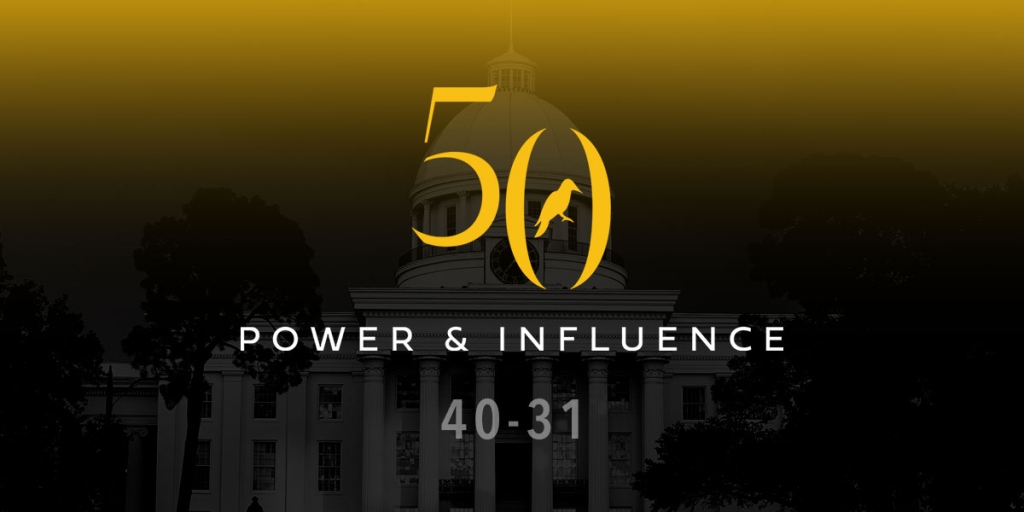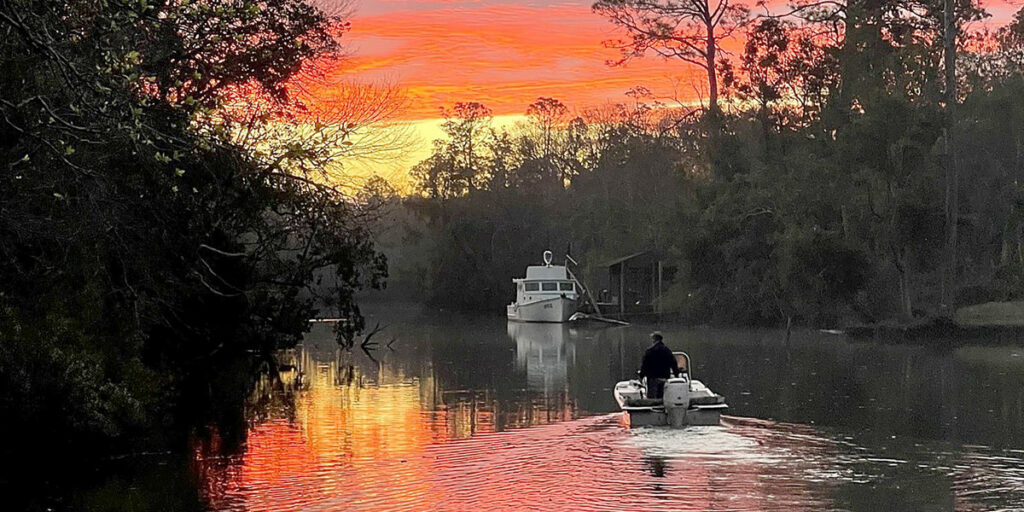The pursuit of adventure and a desire to fulfill a higher purpose has led Auburn alumnus Marc Tunstall through an illustrious career in the military and government agencies, and now is taking him across the globe to the frozen tundra of Antarctica.
The 1990 Auburn University graduate has enjoyed a varied and meaningful career since his days on the Plains, spending roughly two decades as a helicopter pilot in the U.S. Marines and U.S. Coast Guard and another 10-plus years working as an aviation compliance supervisor for the U.S. Department of the Interior’s Office of Aviation Services (OAS). Tunstall’s next journey will take him to Antarctica, where he will begin serving as station manager of the McMurdo Station for the National Science Foundation (NSF) Office of Polar Programs Antarctic Infrastructure and Logistics Section in September.

In that role, Tunstall will oversee the station’s day-to-day operations, managing and supporting more than 1,000 scientists and contractors during the Antarctic summer that runs through February. His duties will include providing oversight for the station’s wastewater treatment plant, fire department, dorms and dining hall, supporting and managing safety for the NSF scientists’ field research expeditions and serving as the station’s emergency operations center director.
In short, Tunstall will be the chief officer for the station, which was built in 1955 on bare volcanic rock and is the continent’s largest station. Named for former British Royal Navy Vice Admiral Archibald McMurdo, the encampment is the logistics hub of the U.S. Antarctic Program and features a harbor, landing strips on sea ice and shelf ice, and a helicopter pad. The station’s roughly 85 buildings range in size from a small radio shack to large, three-story structures and include repair facilities, dormitories, administrative buildings, power plant, wharf, stores, clubs, warehouses and the first-class Crary Lab.
He also will oversee logistical and operational decisions that affect the execution of programs at the South Pole and inland field locations. Tunstall is training with the U.S. Marshals Service to complete certification in advance of his role as the station’s chief law enforcement officer.
Tunstall, who has never shied away from a challenge, thoroughly enjoyed a visit to the McMurdo Station in 2014. He is excited and ready to embark on this challenging journey later this summer.
“I said if I ever had the opportunity to work down there on a permanent basis professionally and personally, I would jump at the opportunity,” said Tunstall, who has been based in Anchorage, Alaska, 15 of the last 20 years. “Sure enough, last November, one came up. I’m very, very fortunate and definitely feel privileged.”

Dedication to service, purpose
Tunstall has spent his career committed to the service of others, first as a military officer and helicopter pilot, and then for the OAS Alaska Regional Office. He has served as contracting officers technical representative for more than 100 commercial contractors, providing services to federal agencies such as wildland firefighting suppression, volcano research, wildlife, surveys and environmental protection, according to the NSF.
His varied experience, Tunstall says, will prove crucial to his new leadership position at the station, which is one of three year-round U.S. Antarctic science facilities. He finds motivation in the chance to oversee projects that make a difference.
“I take pride in being able to support a larger mission that is something for the greater good,” said Tunstall, who has banked more than 5,000 hours of flight time. “In the Marine Corps, my primary job as a helicopter pilot was to support the Marine infantry and get them safely from the ship to maybe a not-so-pleasant area and back. In the Coast Guard, it was to rescue people in need or to put the rescue swimmer who was in the back of the helicopter in position where they could save a life.
“Then, with the Department of the Interior, I worked supporting the aviation needs of the National Science Foundation, Bureau of Land Management and National Park Service. When this opportunity came up, I said, ‘absolutely’ to the chance to support something like the NSF and all they do. With a background in emergency operations and some unique leadership opportunities, I felt like everything kind of fell into place and it was too good of an opportunity to pass up.”
The new position will suit his adventurous and purpose-driven nature, Tunstall says.
“I’ve always had a zest for wanting to see something new and different and something where I’m serving a purpose and making a difference, but definitely with a flair for adventure and seeing some exciting and different things,” said Tunstall, a certified flight instructor and commercial pilot.
Strong foundations set stage
Tunstall looks back fondly on his time at Auburn, where he obtained a bachelor’s degree in flight management. In those days, the aviation program was part of the Samuel Ginn College of Engineering, and Tunstall split his time between studies and commitment to service through Auburn’s ROTC programs.
“I thoroughly enjoyed the aviation management program and ROTC,” he said. “I guess one of the biggest takeaways was meeting new, unique and diverse people. I wanted to go somewhere out of state to experience something new and unique, and I definitely found it in a great way in Auburn. I met some great people, and I’m still in touch with some of my roommates.
“One of the lasting impacts was a sense of belonging and community that, in a way, led me to the [role of] station manager in Antarctica.”
Originally from western New York, Tunstall attended Auburn on an ROTC scholarship, joining the Naval ROTC’s Marines option as a midshipman. He went on to earn a master’s degree in aeronautical science from Embry-Riddle Aeronautical University and is enrolled in a certificate of management excellence program with the Harvard Business School.
Tunstall’s father, John, served in the U.S. Army tank corps, and his mother, Sally, always encouraged his quest for adventure and service. He remembers an affinity for aviation that dates back to his childhood, watching Charlton Heston and Henry Fonda in the movie “Midway” and building model airplanes.
“I wanted to be not just a pilot, but a military pilot, from the time I was 7 years old,” he said. “My father and mother helped foster and support that dream. Looking back on it, I feel very blessed to have been able to have the desire to do something from such a young age and actually accomplish it.”
A father of two, Tunstall has passed on that same kind of encouragement to his daughters.
“I truly believe I’ve been blessed, and God has had a plan that has been mapped out for me,” Tunstall said. “I look back and think about how thankful I am. I try to share that with people, especially my daughters, and tell them to go for it and that no dream is unattainable. Do something you enjoy doing, and if you can make a difference along the way, that’s even better.”
This story originally appeared on Auburn University’s website.
(Courtesy of Alabama NewsCenter)




